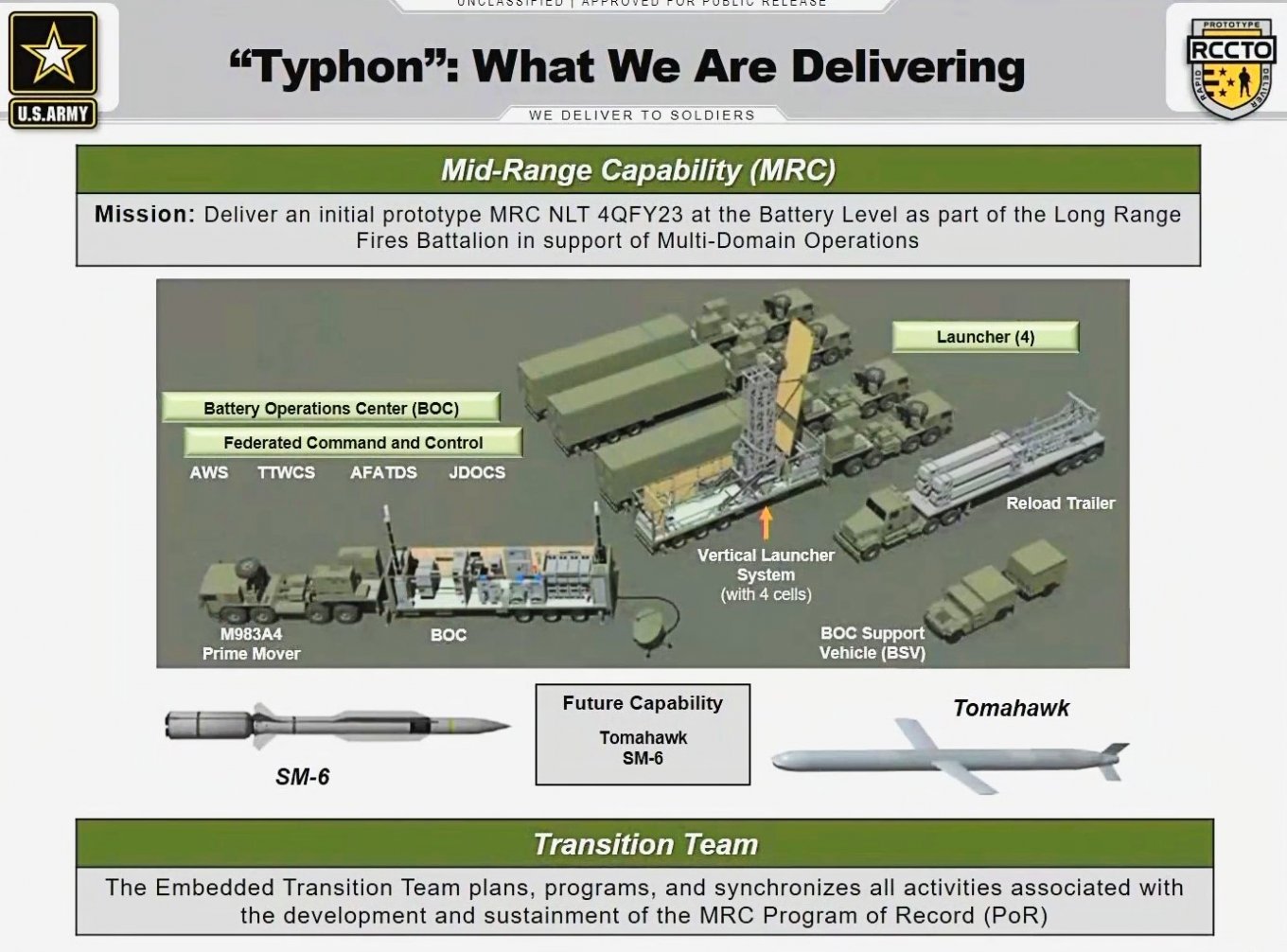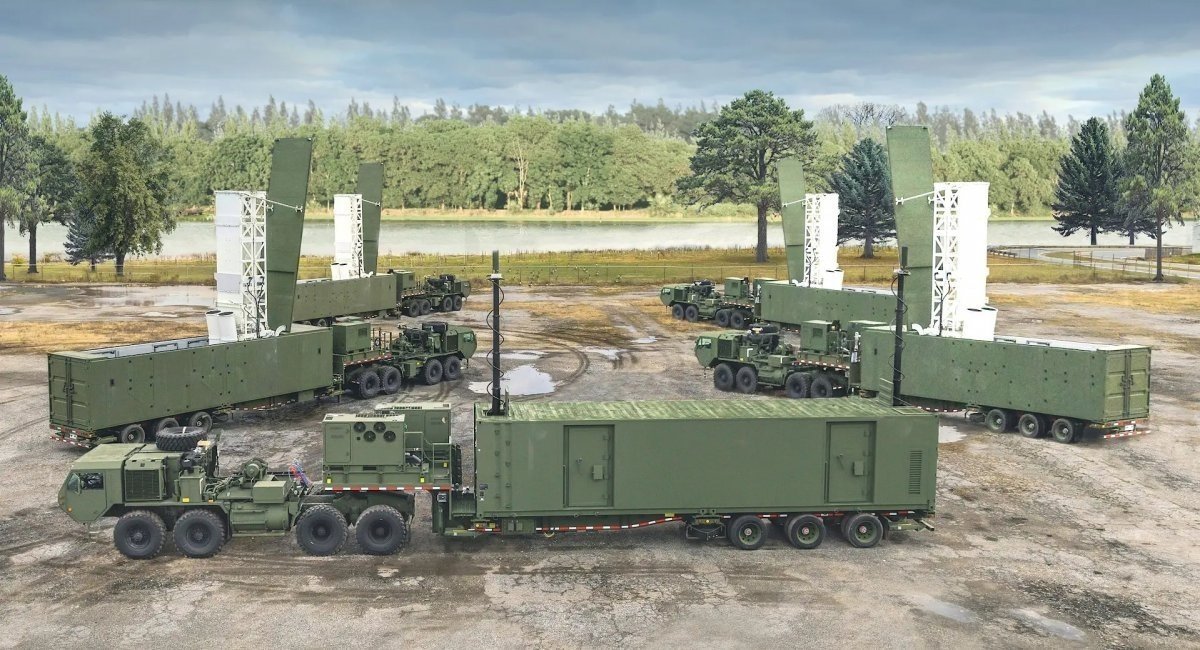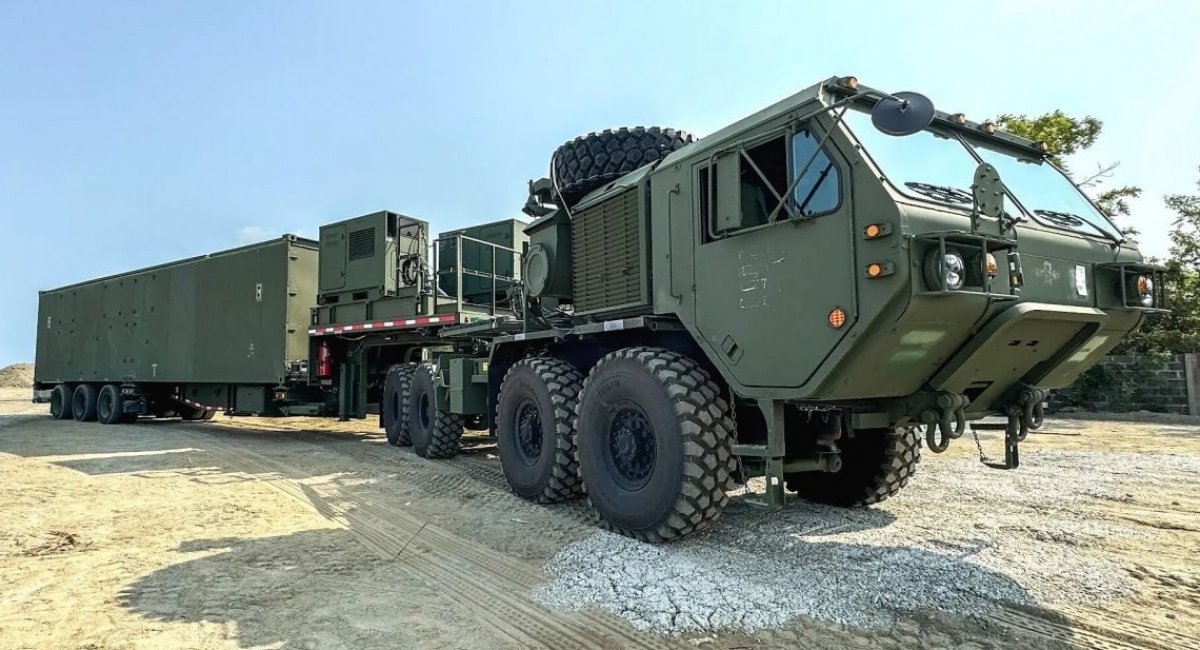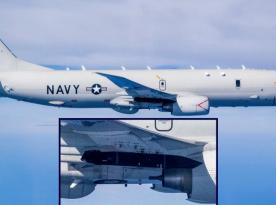In April 2024, the U.S. Army conducted a test overseas deployment of the Typhon missile system—an event that, from a purely technical standpoint, delivered few immediate results. It should be added that several months earlier, in December 2023, the Philippine government had publicly announced its intention to acquire this very system, equipped with Tomahawk cruise missiles. The statement clarified that a binding contract would not be signed for at least two more years.
On the surface, this was little more than an early-stage declaration of intent. But remarkably, even this limited move sparked a notable wave of concern in Beijing. The question thus arises: if a non-NATO country like the Philippines can provoke such a reaction from a global power like China merely by expressing future interest in acquiring a U.S. missile system, why can’t Ukraine—already locked in a full-scale defensive war against russia—do the same to strengthen its strategic posture?
Read more: U.S. Intel: russia Fields New Nuclear Air-to-Air Missiles

The U.S.-based outlet Defense News reports that China published a 23-page white paper titled “China’s National Security in the New Era,” released in Mandarin by the State Council Information Office. The document outlines Beijing’s growing anxiety over what it perceives as worsening security dynamics in the Indo-Pacific, referring to the region as being plagued by “intensifying geopolitics, hegemonism and the return of Cold War mentality.” It warns that “certain countries are forming regional alliances and deploying medium-range missile systems,” a development China labels a “serious threat to regional security.”
The report further highlights that Chinese officials used this opportunity to denounce “revisionism,” “rising regional tensions,” and “foreign interference.” While the document stops short of naming specific countries, analysts at Defense News believe it implicitly references the Philippines’ interest in acquiring the Typhon system, stating: “China probably released this now to low-key accuse the U.S. of being the source of instability, and offering itself as an alternative partner.”
From a Ukrainian perspective, this episode underscores a frustrating asymmetry in global defense dynamics. While the Philippines—geopolitically distant from the front lines—can alter regional calculations merely by signaling its interest in acquiring advanced missile systems, Ukraine, which has been resisting russian aggression since 2014 and has endured full-scale invasion since 2022, still faces political and logistical roadblocks in obtaining comparable long-range capabilities.
At Defense Express, we wish to highlight several critical points. Currently, the U.S. Army operates only two batteries of the Typhon system, totaling eight launchers. These units can collectively fire up to 32 Tomahawk cruise missiles. It remains unclear whether Washington is willing to export the system—and at what cost. Nevertheless, the Philippines’ case shows that even the absence of a clear “yes” or “no” from the U.S. can have a powerful strategic effect by introducing uncertainty into the calculations of potential adversaries.
This phenomenon, often described as “strategic ambiguity,” can serve as a valuable form of soft deterrence. In the Philippine case, it clearly unsettled Chinese planners enough to be addressed indirectly in a high-level policy document.

This raises a broader issue for transatlantic security: if such ambiguity can serve as a tool of de-escalation in East Asia, should Ukraine not be permitted—or encouraged—to explore similar avenues in its own context? After all, Kyiv is not only defending its own sovereignty, but also serving as a frontline shield for the Euro-Atlantic security order. The deterrent effect of a potential Ukrainian acquisition of the Typhon system with Tomahawks would not only complicate russian strategic planning but could also enhance overall stability by making further aggression less likely.
Thus, while concrete deliveries may take time, even the public outlining of such prospects could have tangible impact. If ambiguity worked against Beijing, there is every reason to believe it could work against Moscow too.
Read more: How russian CinC Gerasimov Made Up a Non-Existent Dark Typhon Missile












